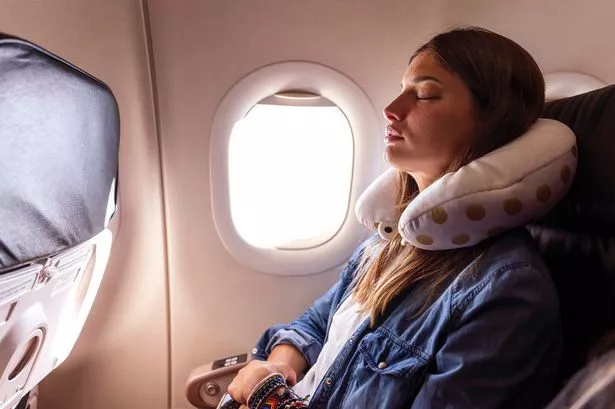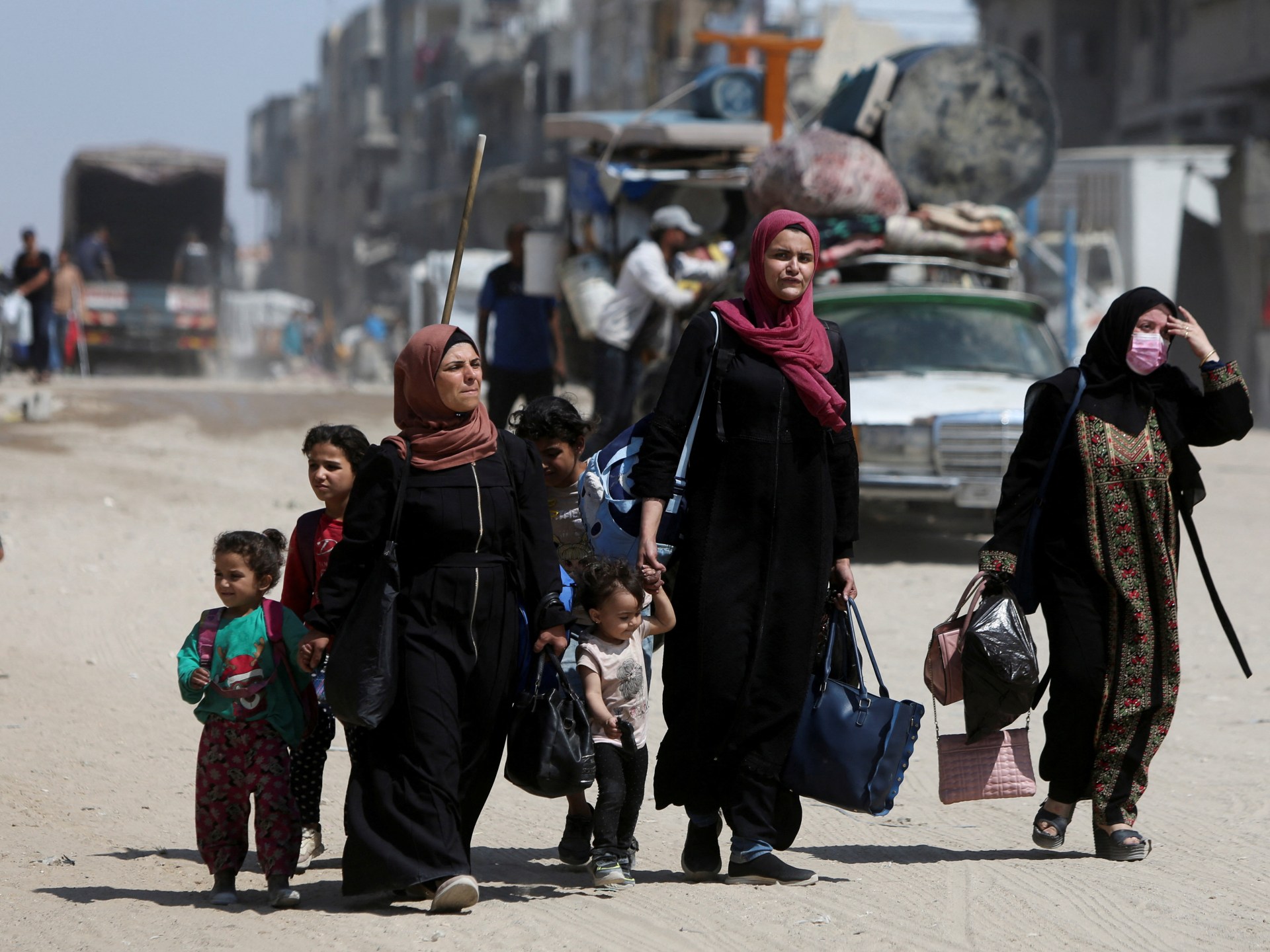A medical expert has revealed there’s one thing you should never consume before boarding a plane. Pharmacist Seema Khatri explained holidaymakers can risk consequences by doing so
When it comes to travelling abroad, people have all sorts of different rituals; however, experts say there are some things you shouldn’t consume when on a plane. According to an expert, there are “hidden dangers” associated with one common practice, as it could lead to serious health concerns.
If you ever think of taking a sleeping pill before a flight, you may want to think again, as pharmacists are warning travellers that it could be one of the worst things you can do at 35,000 feet. Anyone planning to travel soon has been urged against it, as it poses various threats you may be unaware of.
There are various ways you can try and fall asleep on a plane, but avoiding pills to aid the process is always best. Instead, you may want to try this simple hack that claims to help people fall asleep within minutes.
“People imagine that taking a sleeping pill means they’ll wake up refreshed at their destination,” says pharmacist Seema Khatri at Roseway Labs, which has hundreds of followers on Instagram. “But drug-induced sleep is not the same as natural, restorative sleep, and on a plane it can actually leave you groggier and more jet-lagged.”
One of the biggest risks is circulation, as the expert explained: “When you’re sedated you move far less, and that immobility can increase the risk of deep vein thrombosis. Cabins are already dehydrating environments, and sedatives can thicken the blood further, so the two combined aren’t a good mix.”
Cabin pressure also amplifies the effects of sleeping tablets. At altitude, oxygen levels are lower. Sedatives can intensify drowsiness, confusion or even breathing problems because of that, according to Seema.
“So what might feel like a mild dose on the ground can hit much harder once you’re in the air,” she added. While many passengers reach for sleeping pills to try and “beat jet lag”, the opposite is often true.
Seema explained: “If you take at the wrong time, your body clock becomes even more confused. Instead of easing into the new time zone, you land disoriented and wired.
“Older travellers, people with breathing conditions like asthma or sleep apnoea, and anyone with circulation problems should steer well clear of sedatives on planes. Even a small dose can hit them harder at altitude and, in some cases, it can become dangerous rather than just uncomfortable.”
How can I rest when flying?
Instead of pharmaceuticals, supplements that aid sleep may be a better alternative for travellers. There are all sorts of methods that can be sampled after seeking medical guidance.
“We also recommend magnesium glycinate to calm the nervous system, or herbal teas such as chamomile or lemon balm if you just want to relax,” noted Seema. “It’s also important to stay well hydrated, as dehydration can make it harder to rest and can worsen jet lag.”
Simple travel hacks – like wearing an eye mask, noise-cancelling headphones and cutting out caffeine before departure – can also make a big difference. “These options won’t put you into an unnatural sleep cycle, so you arrive fresher and safer,” she added.
Sleeping pills might seem like an easy fix for long-haul travel, but experts stress they could leave you groggy, dehydrated and at higher health risk. Seema explained: “A sleeping pill before take-off may knock you out, but it won’t give your body the restorative rest it really needs.”
There’s no need to struggle with sleep but, if you do, ensure you contact a medical professional for help. Your GP will be able to assist with any sleep concerns you may have.



